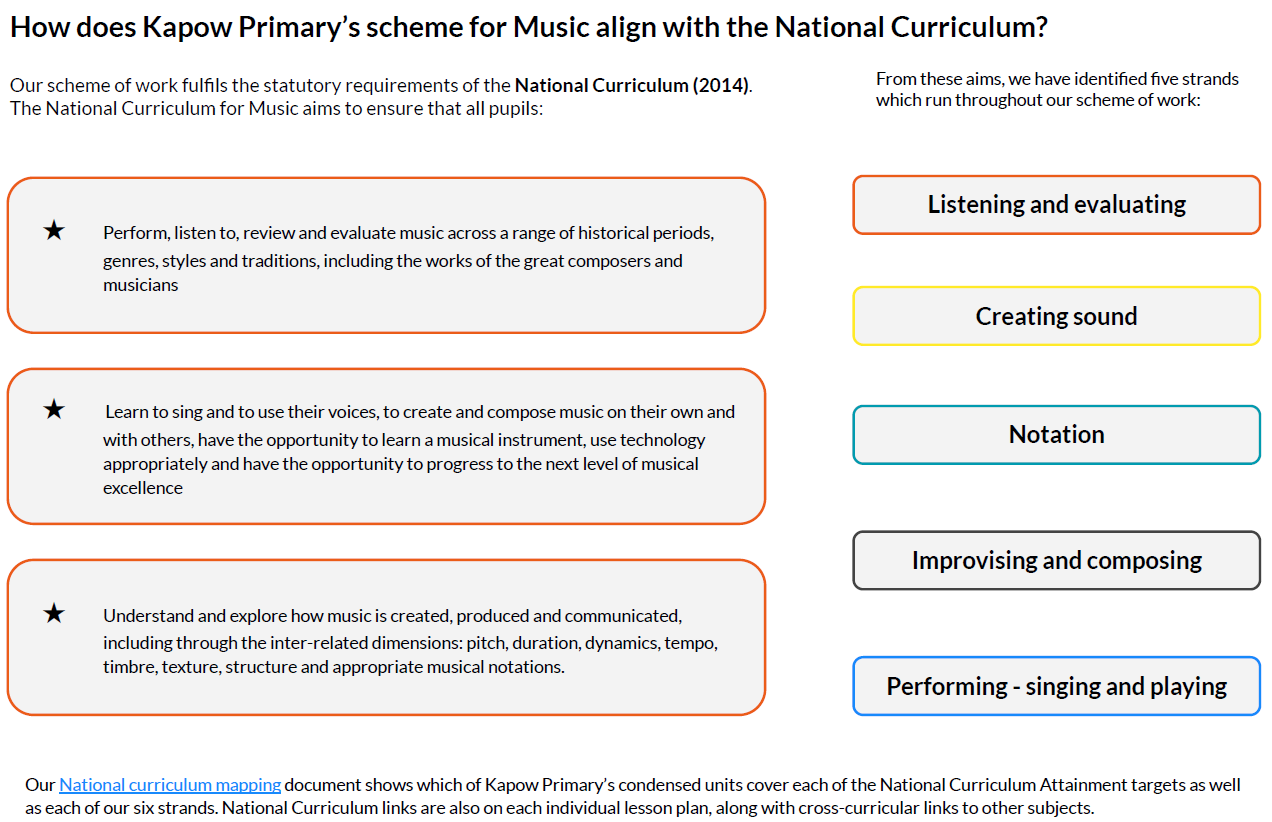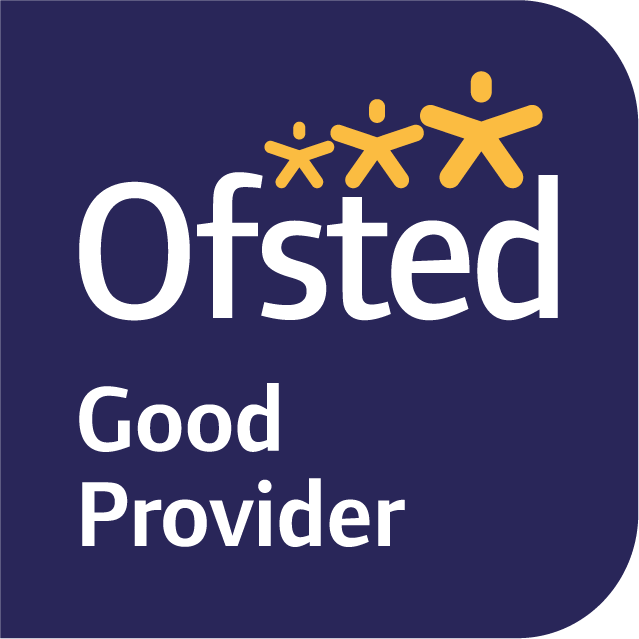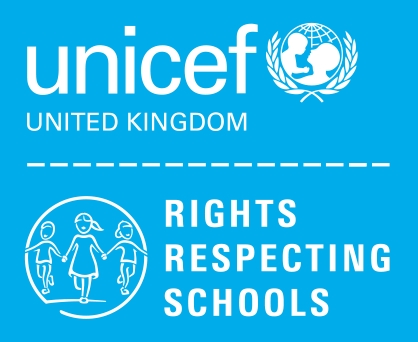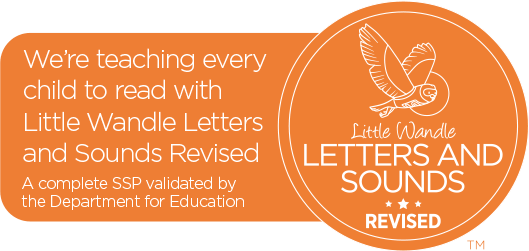Music
Without music, life would be a mistake.
- Friedrich Nietzsche
At Blacko Primary School, we ensure that every child has meaningful interactions with musical activities and that our music teaching not only engages pupils and creates an atmosphere in which all children feel able to participate but also inspires pupils to develop a love of music and their talent as musicians.
We focus on developing the skills, knowledge and understanding that children need in order to become confident performers, composers, and listeners. Our curriculum introduces children to music from all around the world and across generations, teaching children to respect and appreciate the music of all traditions and
communities.
Children will develop the musical skills of singing, playing tuned and untuned instruments, improvising and composing music, and listening and responding to music. They will develop an understanding of the history and cultural context of the music that they listen to and learn how music can be written down. Through music, our curriculum helps children develop transferable skills such as team-working, leadership, creative thinking, problem-solving, decision-making, and presentation and performance skills. These skills are vital to children’s development as learners and have a wider application in their general lives outside and beyond school.
Throughout their time here, we aim to increase their self-confidence, creativity and a sense of individual and collective achievement with respect to music. In addition to this, we strive to expose our pupils to music from a variety of cultures so that they can develop an appreciation for a variety of genres and musical styles, thus developing positive attitudes and deeper understanding of other cultures and societies. This occurs through the classes of knowledge: tacit, procedural and declarative.
- Tacit knowledge refers to knowledge gained through experience that is often difficult to put into words.
- Procedural knowledge is the knowledge exercised in the performance of a task.
- Declarative knowledge refers to facts or information stored in the memory.
Music in EYFS
Our KS1 and 2 music curriculum, builds on the Early Learning Goals of Expressive Arts and Design covered within the EYFS. In EYFS at Blacko, children sing songs, make music and dance, and experiment with ways of changing them. We encourage them to experiment with how different objects and instruments make noises and expose them to music from different musicians and cultures, so that they can begin to talk about what they like or dislike.
Music in Key Stage 1 and 2
In Year 1 the Music curriculum builds upon the skills and knowledge the children have gained during their time in our EYFS. These opportunities will enable them to develop their understanding of music and their ability to communicate through it, expressing their own thoughts and feelings. We recognise that the national curriculum is a minimum expectation of what should be taught to our children. Therefore, we strive to deepen our students’ understanding. To ensure that this is part of our teaching, we have outlined examples of how students would show a deeper understanding of music:
In KS1: -
- Recognise/ identify style indicators and different instruments used.
- Find and internalise the pulse using movement.
- Confidently use basic musical language to describe the music being listened to and explain their feelings towards it with reasons.
- Listen, with respect, to other people’s ideas and feelings towards the music they have listened to.
In KS2: -
- Listen to live and recorded music from a range of composers and place music in its historical context.
- Listen to music and learn songs from different eras and cultures.
- Securely and confidently recognise and identify style indicators and instruments using their sounds.
- Use the correct musical language confidently to describe the music they are listening to and their feelings towards it with reasons.
- Discuss ideas and opinions as a group.
- Discuss dimensions of music with explanations and examples.
- Confidently show understanding of the workings of an ensemble/ choir and how everything fits together.
- Confidently follow the leader/ conductor and have a chance to be the leader/ conductor, stopping and starting the group.
- Develop improvisation skills using the voice and classroom instruments.
- Suggest, follow and lead simple performance directions.
- Confidently and successfully maintain an independent role in a small group.
- Use and understand musical notation.
Across key stages 1 and 2, music should be taught for 1 hour a week. In addition to timetabled lessons, individual music tuition is delivered by peripatetic teachers, and we have a school choir. We also have KS1 and KS2 performances to build up the culture of collective achievement through singing to audiences –parents and wider community performances to showcase the children’s learning in music.
Educational trips and visits further support the curriculum and giving children the opportunity to experience live music.
Through the explicit teaching of music skills, both the teachers and the children assess their learning continuously throughout the lesson. At the end of the unit, children create a complete outcome to reflect on their knowledge and understanding. Our ongoing assessment enables teachers to make informed judgements about the depth of their learning and the progress they have made over time.
Kapow
As a school we use and follow the music scheme of work Kapow. This has ensured a progressive and challenging music curriculum which enables children to meet the end of key stage attainment targets outlined within the National Curriculum and the aims of the scheme align with those in the National Curriculum. The curriculum has been designed to spiral knowledge so that children can learn and remember more overtime and follows five identified strands:
● Listening and evaluating
● Creating sound
● Notation
● Improvising and composing
● Performing - singing and playing
Listening and evaluating:
Listening to music is important to develop an appreciation for music, but listening with a critical ear also allows pupils to recognise how music is constructed and how it impacts the listener.
Listening and evaluating is therefore the precursor to improving and composing and performing.
By exposing pupils to a diverse range of music from various cultures and historical periods, this strand also fosters an understanding of the history of music.
Creating Sounds:
Learning technical proficiency with an instrument takes time, and the ability to create and control sound is fundamental to making music.
This proficiency requires knowledge of specific instruments, including how to hold and play them, as well as the development of fine (and sometimes gross) motor skills and postural awareness.
When it comes to singing, controlling breathing and voice modulation to create dynamic contrasts is crucial.
Notation:
In order to compose and perform longer pieces of music, pupils need to understand notation as a means of communicating musical ideas.
They will learn that the position of notes on the stave indicates their pitch, and that the symbols used represent the duration of each note or rest.
Our aim is for pupils to be able to 'work out' how to read a simple piece of music from a given starting note by applying the principles of staff notation, rather than reading music by sight or simply memorising musical pieces.
Improvising and composing:
Improvisation in music involves creating music spontaneously, without prior planning or written notes. This helps pupils build confidence, express themselves freely, and develop flexibility in their musical thinking.
Composition tasks require students to plan and structure their musical ideas. This structured approach strengthens their ability to organise thoughts systematically and often use notation to record their ideas.
Performing - signing and paying
Performing provides pupils with a practical reason to hone and apply their musical skills.
It promotes group practice and collaboration, as pupils work together to achieve an aim.
This experience not only boosts pupils' confidence and self-esteem but also enhances their awareness of themselves and others within the group.

Evidence
At Blacko, children record their music learning in a whole class floor book. Evidence of learning is dependent on the lesson outcome, year group and the knowledge and skills being developed. It could be in the form of a performance, discussion, photographs, evaluation of approach and outcomes, critique of work completed by others, and discussions with teachers, pupils and other stakeholders such as parents and governors attending performances.
Assessment
Teachers assess children’s learning throughout each lesson to ensure understanding of skills and knowledge before building onto future learning. Teachers use a range of questioning and retrieval practice to assess children against the aims of the lesson.
Inclusion & SEND Across Our Curriculum
Across all areas of the primary curriculum, we are committed to ensuring that every pupil—including those with SEND, those who are disadvantaged, and pupils from all backgrounds and demographics—can access, engage with and succeed in their learning.
Our curriculum is designed to be inclusive by intent and adaptive in practice, ensuring that high expectations are maintained for all learners while removing barriers to participation and progress.
High-Quality, Inclusive Teaching in Every Subject
In every subject, pupils with SEND are supported to access learning through carefully planned adaptations that are responsive to individual need. These adaptations are part of high-quality first teaching and are planned by class teachers in collaboration with the SENDCo where appropriate.
Adaptations are informed by the EEF’s ‘Five-a-Day’ principles for SEND, ensuring that teaching strategies are evidence-based and benefit all learners. These may include:
-
Flexible grouping and targeted adult support
-
Clear modelling and explicit instruction
-
Use of visuals, scaffolds and structured resources
-
Opportunities for retrieval, overlearning and pre-teaching
-
Assistive technology or alternative methods of recording
Such approaches support pupils with SEND while also strengthening learning for disadvantaged pupils and the wider class.
Subject-Specific Adaptation and Access
Each curriculum subject is planned with consideration for:
-
Cognitive demand and curriculum sequencing
-
Language and vocabulary development
-
Practical and multisensory learning opportunities
-
Alternative ways for pupils to demonstrate understanding
Where needed, teachers implement Ordinarily Available Provision (OAP) within lessons to ensure pupils can participate meaningfully in subject learning alongside their peers.
This ensures that pupils are not removed from learning unnecessarily and that adaptations remain closely aligned to the curriculum’s intended knowledge and skills.
Early Identification and Responsive Support
Across all subjects, pupil progress is closely monitored. Where barriers to learning are identified, teachers follow a graduated response (Assess, Plan, Do, Review) to ensure timely and appropriate support.
Subject leaders work alongside the SENDCo to:
-
Review curriculum accessibility
-
Support teachers with inclusive subject-specific strategies
-
Ensure adaptations are effective and proportionate
-
Maintain ambitious outcomes for all learners
This reflects the current Ofsted focus on how well schools identify need, adapt curriculum delivery and evaluate impact for pupils with SEND.
Partnership with Families
We recognise the importance of working in partnership with parents and carers. Our Inclusion and SEND page provides further information about:
-
How subject learning may be adapted
-
What support looks like in the classroom
-
How progress is communicated
-
Where families can access additional advice or support
Through open communication, we ensure that provision across all curriculum areas reflects each child’s strengths, needs and aspirations.
Inclusive Curriculum & Ofsted Expectations
Our approach aligns with the latest Ofsted Inspection Framework, which places strong emphasis on:
-
Inclusive curriculum design
-
The effectiveness of adaptive teaching
-
The impact of support for pupils with SEND and those who are disadvantaged
-
Leaders’ understanding of how well pupils access and achieve across subjects
We continually review our curriculum and teaching practices to ensure that all pupils are supported to achieve well across every subject area.
For further information, please see our SEND and Inclusion Page on our school website.
Subject Leaders
Subject leaders will conduct deep dives, which include lesson drop ins, pupil interviews and book looks to measure the impact of our teaching, based on how much children can remember. Subject leaders will meet with their counterparts from our other trust schools and will moderate the work and monitor outcomes from their setting to ensure that standards meet or exceed expectations.
It will be evident from planning, lesson observation and pupil-voice, that teachers are providing children with knowledge and skills required to succeed in music; offering chances for children to explore the potential of different instruments and to make independent discoveries; allowing children to use their own ideas and experiences to create work that is valued; allowing children time to create with opportunities to problem-solve and review and refine their work; allowing chances for children to work alone and with others; providing an environment where children feel safe taking risks and are not intimidated by ‘getting it wrong’ and empowering children to pursue creative endeavours.




